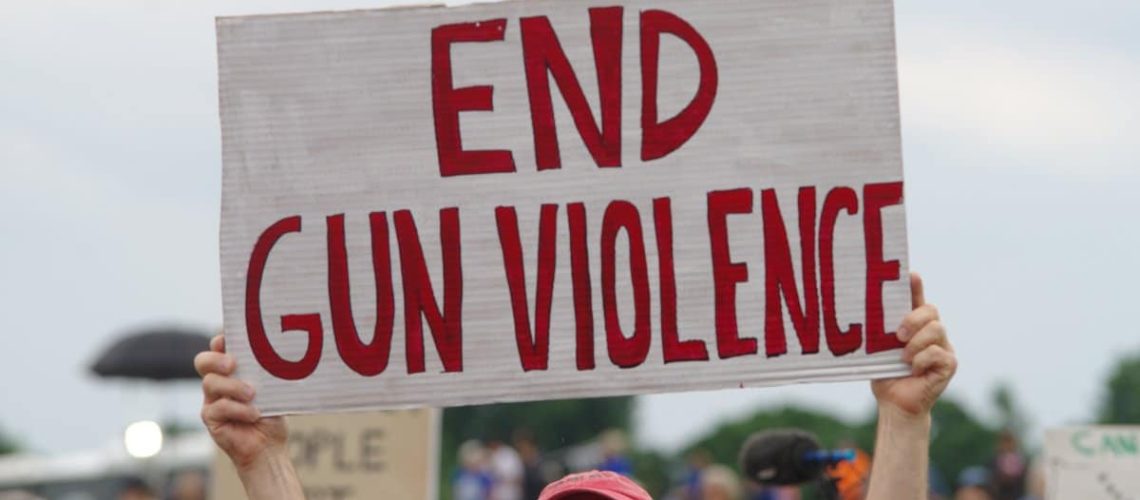Are we at war? With over 494 million guns in civilian hands and a surge in mass shootings, the pressure is mounting for serious gun control. Is it time to ask ourselves: How much firepower does it really take to feel safe in America?
1. Unprecedented Gun Ownership

There are now more guns than people in the United States. With over 494 million firearms produced for the U.S. market since 1899, the saturation of guns has created a fertile ground for potential violence. This staggering figure contributes to America having one of the highest rates of gun deaths in the world.
2. Daily Gun Violence

Every day, Americans fall victim to gun violence in scenarios that rarely make the headlines. Women are killed by domestic abusers, toddlers accidentally shoot themselves or others, and drug deals escalate into deadly encounters. These daily tragedies maintain a continuous pressure for change.
3. Suicides Lead in Gun Deaths

The most common form of gun death in the U.S. is suicide, accounting for the majority of gun-related fatalities. Easy access to firearms significantly increases the suicide risk, making gun control a critical issue in mental health advocacy.
4. Disproportionate Impact on Minority Communities
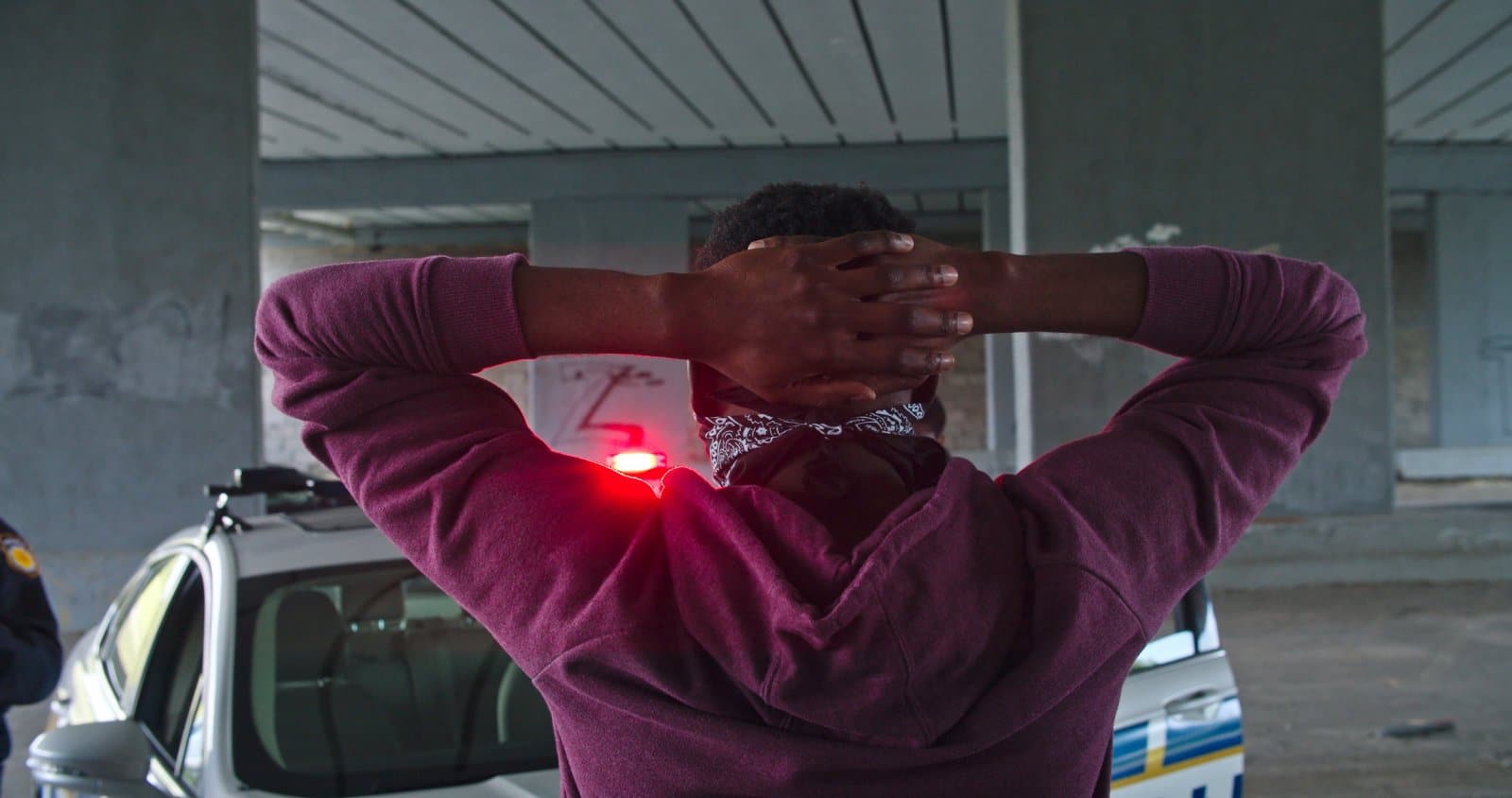
Minority communities bear a disproportionate brunt of gun violence. Black Americans, for instance, are 10 times more likely to die by gun homicide than their white counterparts, illustrating a stark racial disparity that gun control advocates seek to address.
5. Firearms Are the Second Leading Cause of Death For Children
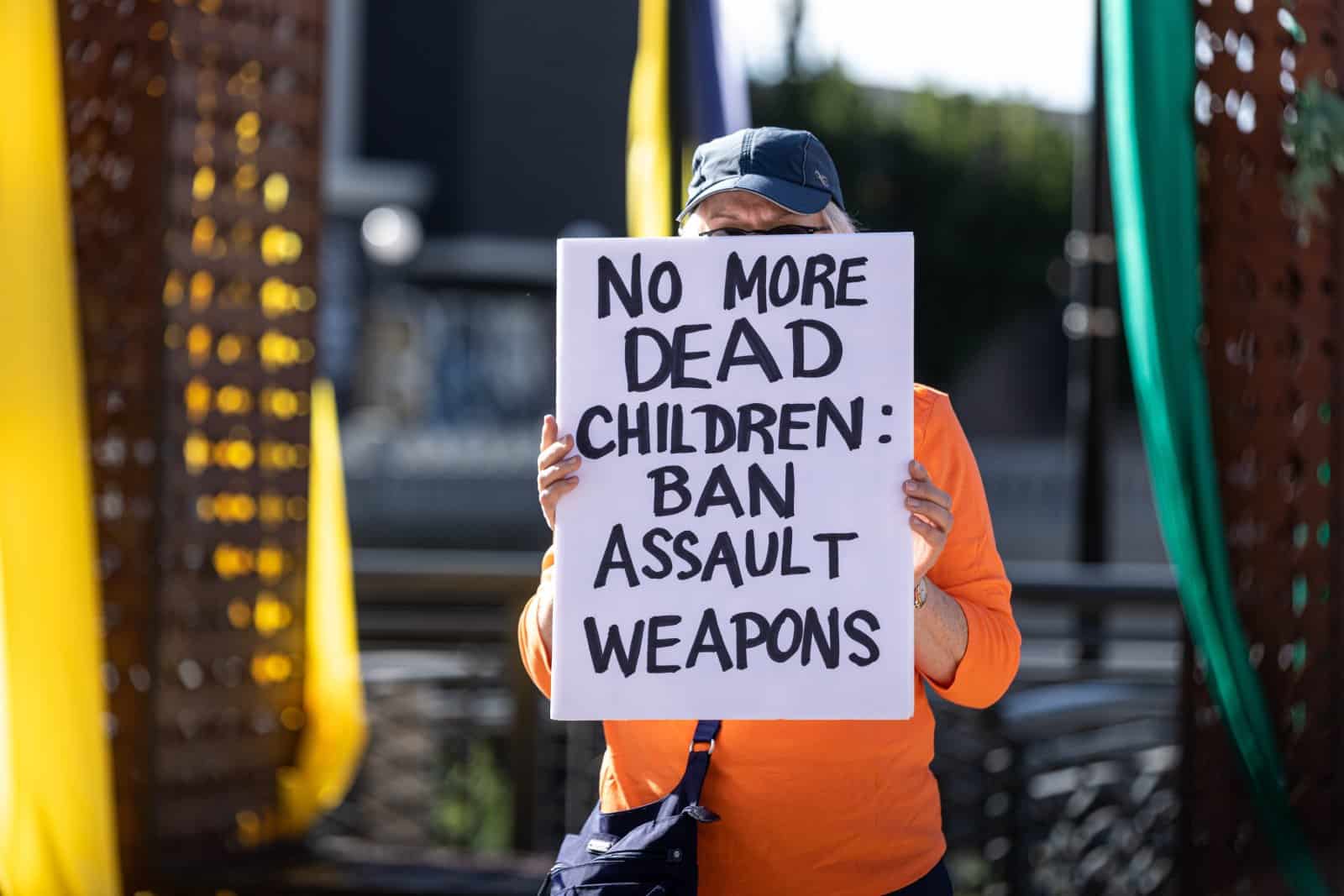
For American children and teens, firearms are the second leading cause of death. This alarming statistic is a driving force behind demands for stringent gun safety laws to protect our youngest and most vulnerable citizens.
6. Increase in Hate Crimes
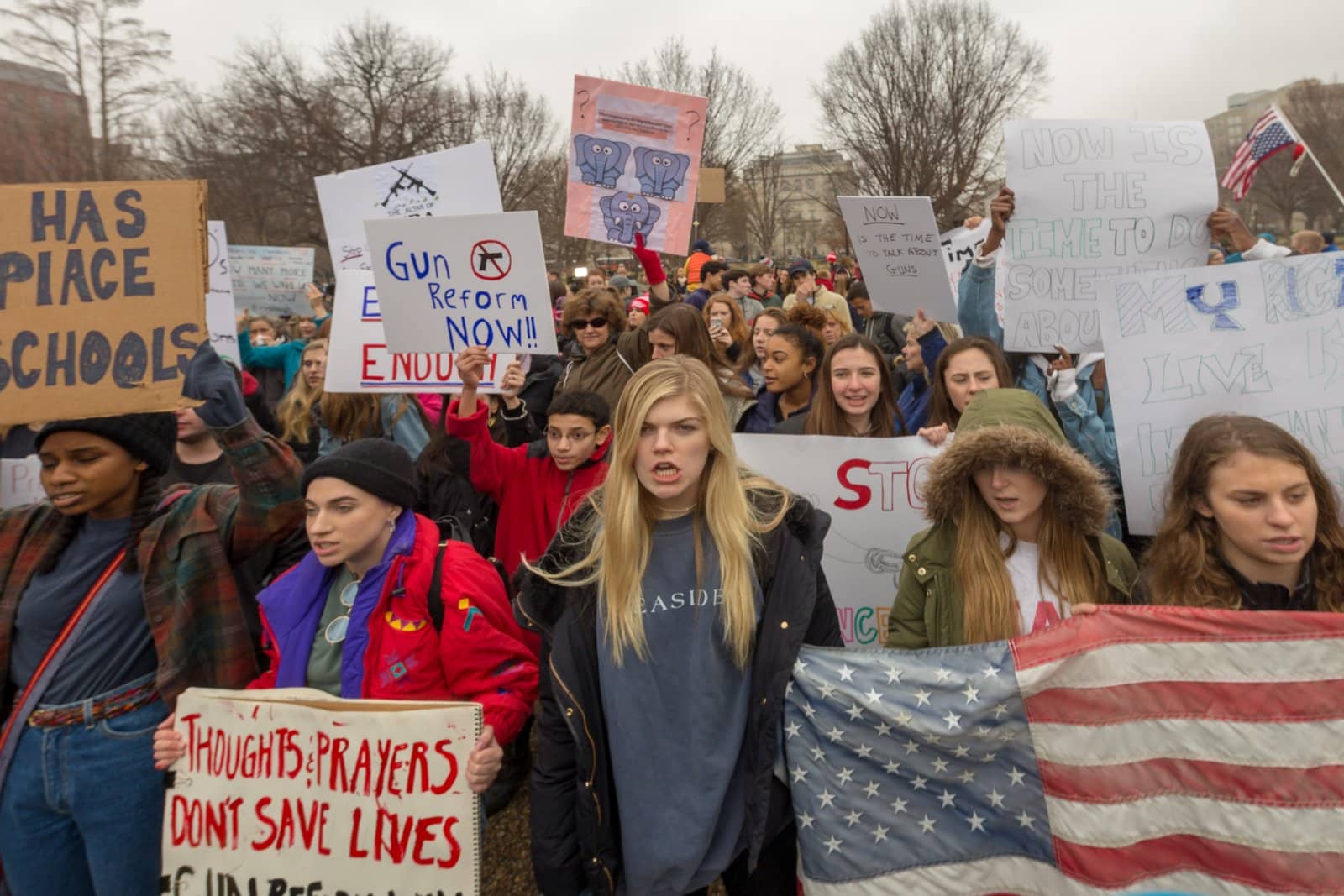
Hate crimes in the U.S. are on the rise, with firearms involved in half of these incidents. This trend highlights the lethal combination of prejudice and easy access to guns, pushing for more comprehensive background checks and restrictions.
7. Legislative Inertia Despite Public Support
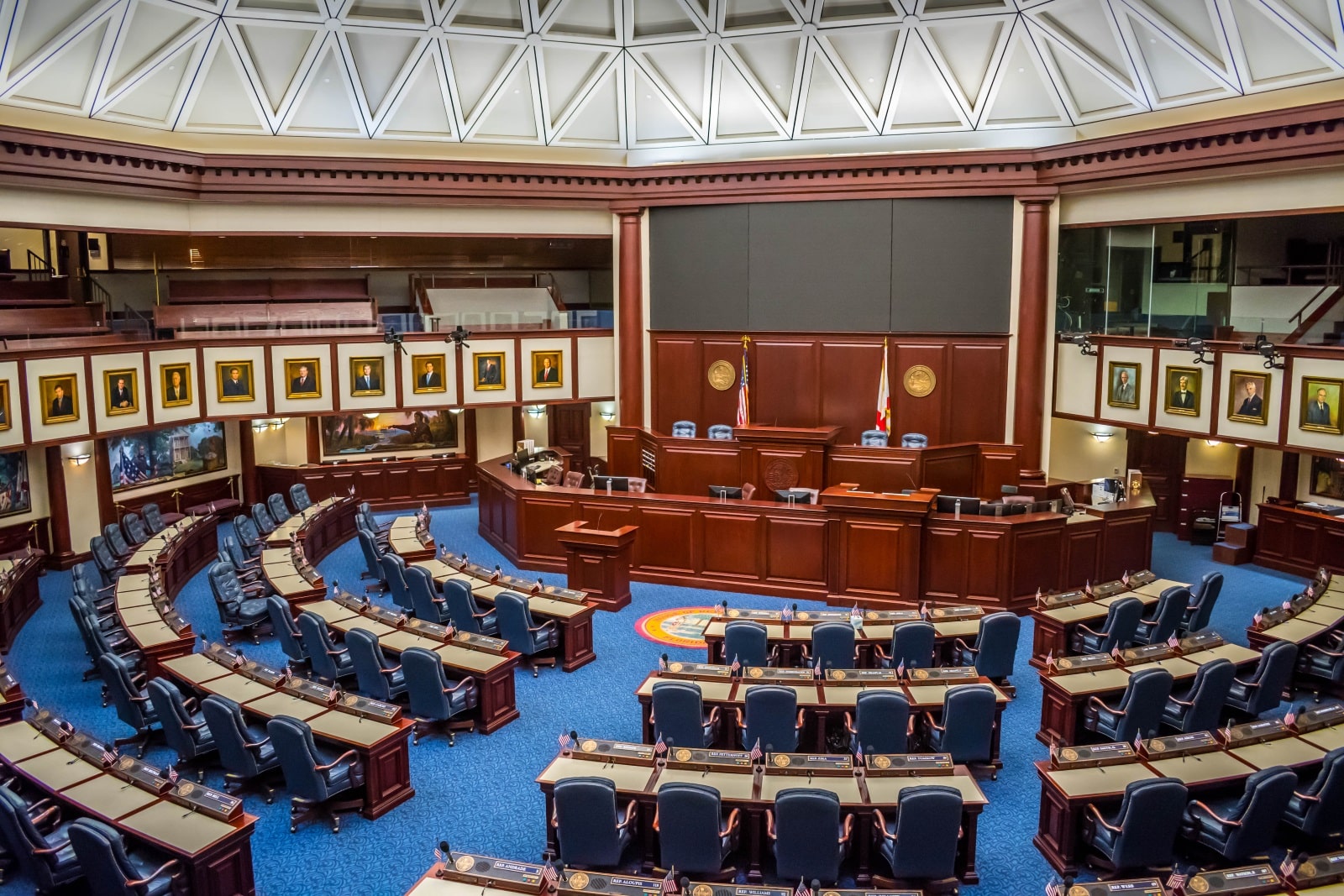
Despite widespread public support for stronger gun control measures, legislative efforts often stall in Congress. This lack of action frustrates many Americans who see the clear need for change but watch as political gridlock prevents progress.
8. Gun Lobby’s Influence
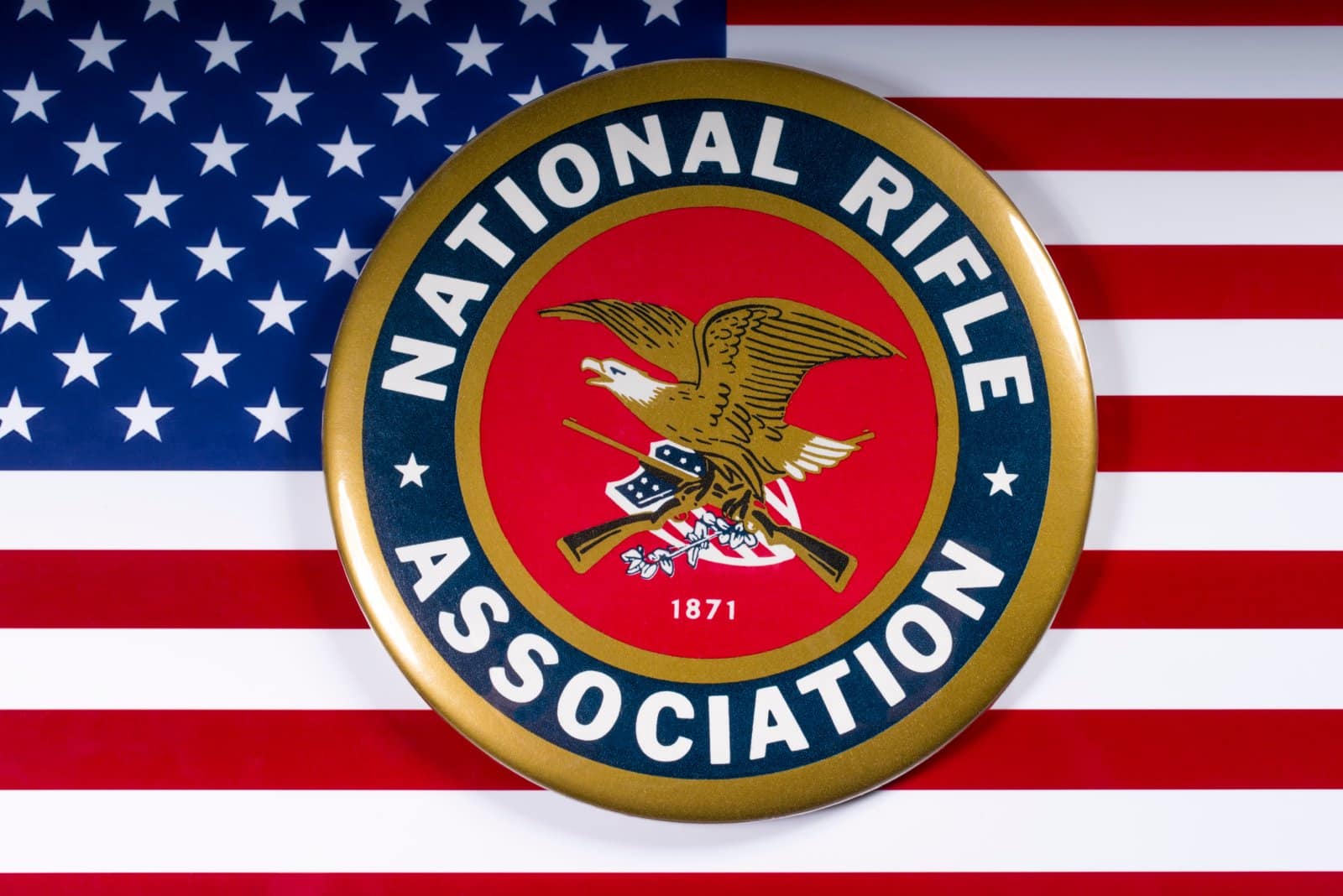
The NRA and other gun rights groups wield significant influence over gun legislation, often prioritizing the rights of gun owners over public safety concerns. This power dynamic frustrates many who feel that their safety is compromised by the gun lobby’s agenda.
9. School Shootings and the Lockdown Generation
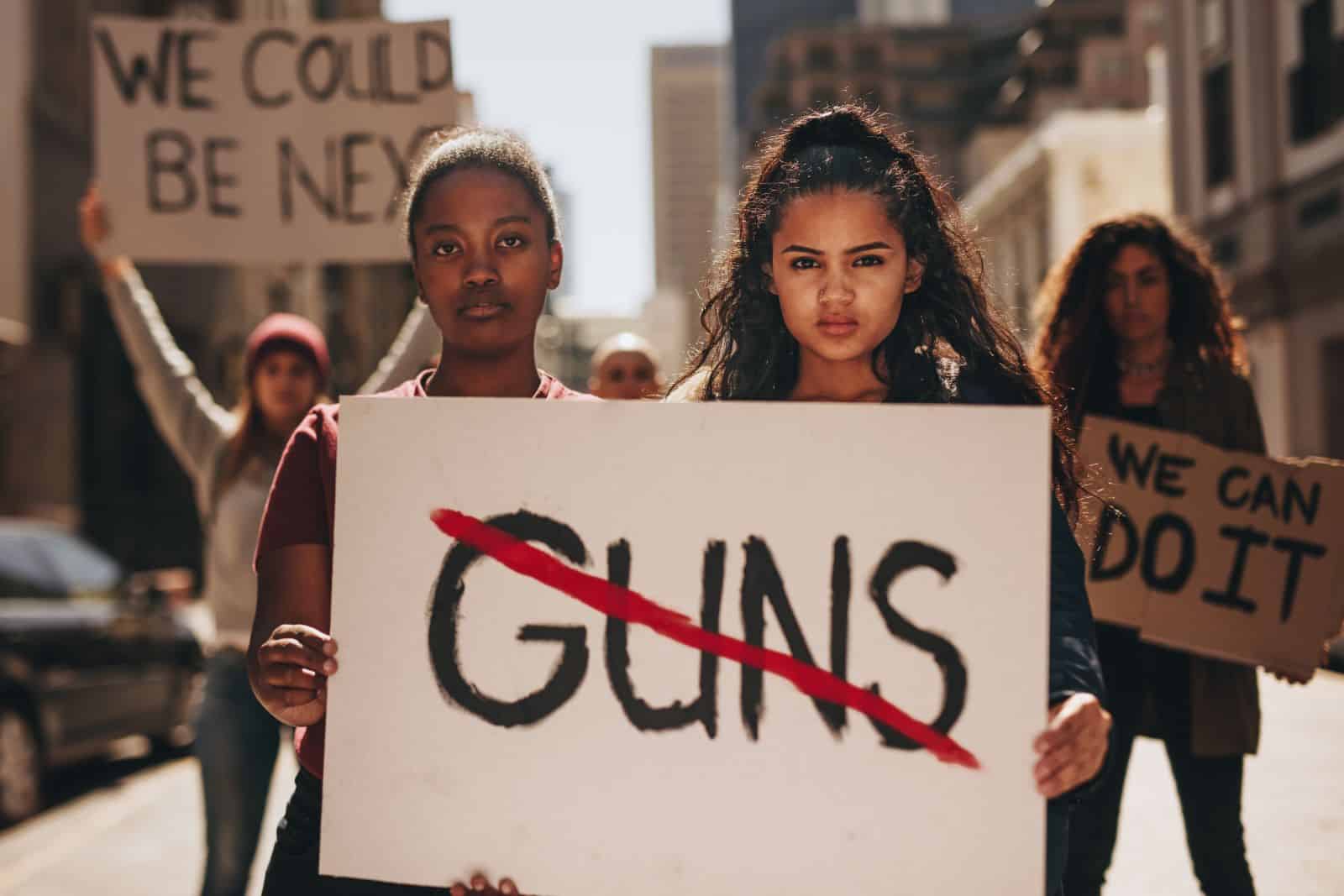
The rise of school shootings has given birth to the “lockdown generation”—students who have grown up with active shooter drills and heightened security. These young people are increasingly vocal in the gun control debate, insisting on reforms to ensure their safety.
10. Failure to Close the Boyfriend Loophole

Current laws fail to prevent abusive dating partners and convicted stalkers from possessing guns due to the “boyfriend loophole.” This legislative gap is seen as a critical oversight that endangers lives, particularly those of women.
11. Misinformation and Fearmongering

The gun lobby often uses misinformation and fear to sway public opinion and policy. By debunking myths, such as the claim that gun-free zones attract mass shooters, advocates for gun control fight to bring facts back into the conversation.
12. Constitutional Misinterpretations
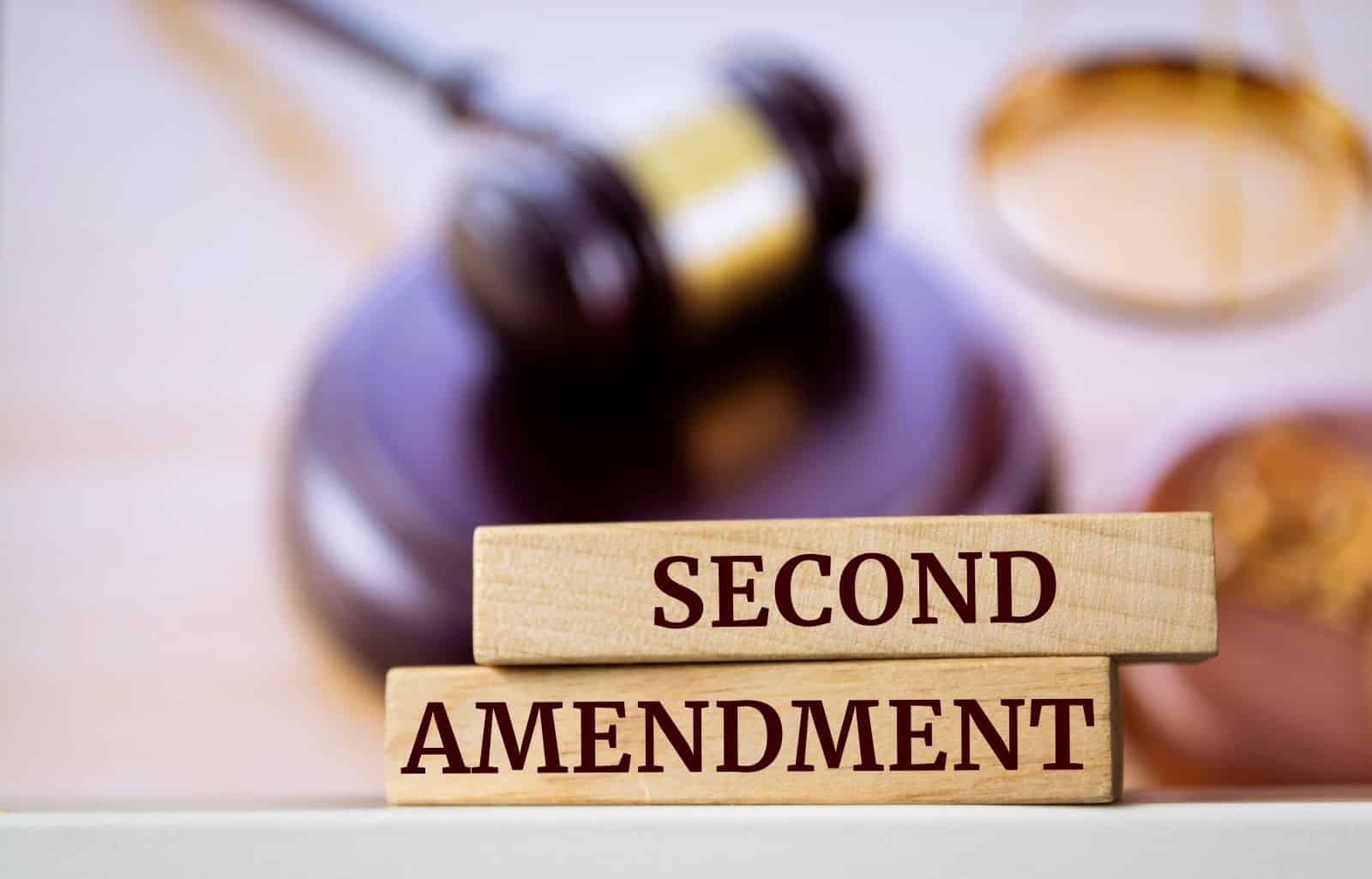
Debates around the Second Amendment often include misinterpretations that hinder gun control measures. Clarifying these misconceptions is crucial for moving forward with laws that balance constitutional rights with public safety.
13. High-Capacity Magazines and Public Safety

The prevalence of high-capacity magazines in gun-related crimes has led to calls for their prohibition. Limiting these magazines could reduce the lethality of gun violence, making public spaces safer.
14. Overwhelming Public Support For Background Checks
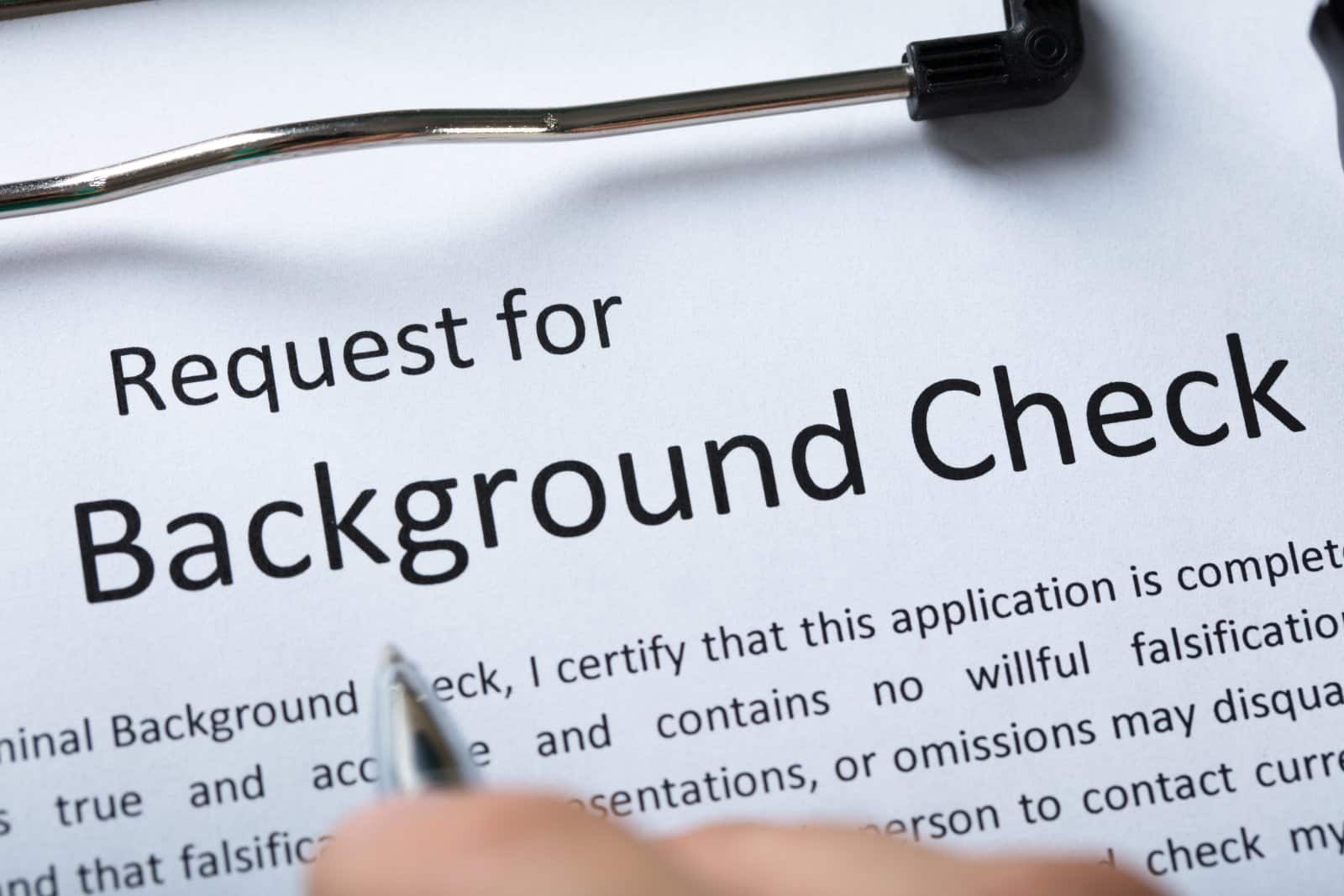
An overwhelming majority of Americans support comprehensive background checks for all gun sales, demonstrating a public consensus that transcends political divides.
15. The Myth of Guns as Protection

The belief that owning a gun increases personal safety is countered by statistics showing that guns in the home are more likely to be used in domestic homicides, suicides, and accidental shootings than in self-defense.
16. Increase in Unregulated “Ghost Guns”

The rise of 3D-printed and homemade firearms, known as “ghost guns,” complicates efforts to track and regulate gun ownership. These weapons often evade traditional detection methods like background checks, representing a growing concern for law enforcement and public safety.
17. Economic Impact of Gun Violence

The economic toll of gun violence in the U.S. extends beyond the immediate medical costs, affecting community stability and property values. This broader economic impact fuels arguments for stricter gun control as a means of societal improvement.
18. Fluctuating Gun Production and Sales

The fluctuation in gun production and sales, particularly spikes following mass shootings or political changes, reflects and often exacerbates public fears and tensions. Monitoring and potentially regulating these fluctuations could be a step toward stabilizing the societal impact of gun ownership.
19. Global Comparisons Highlight Anomalies
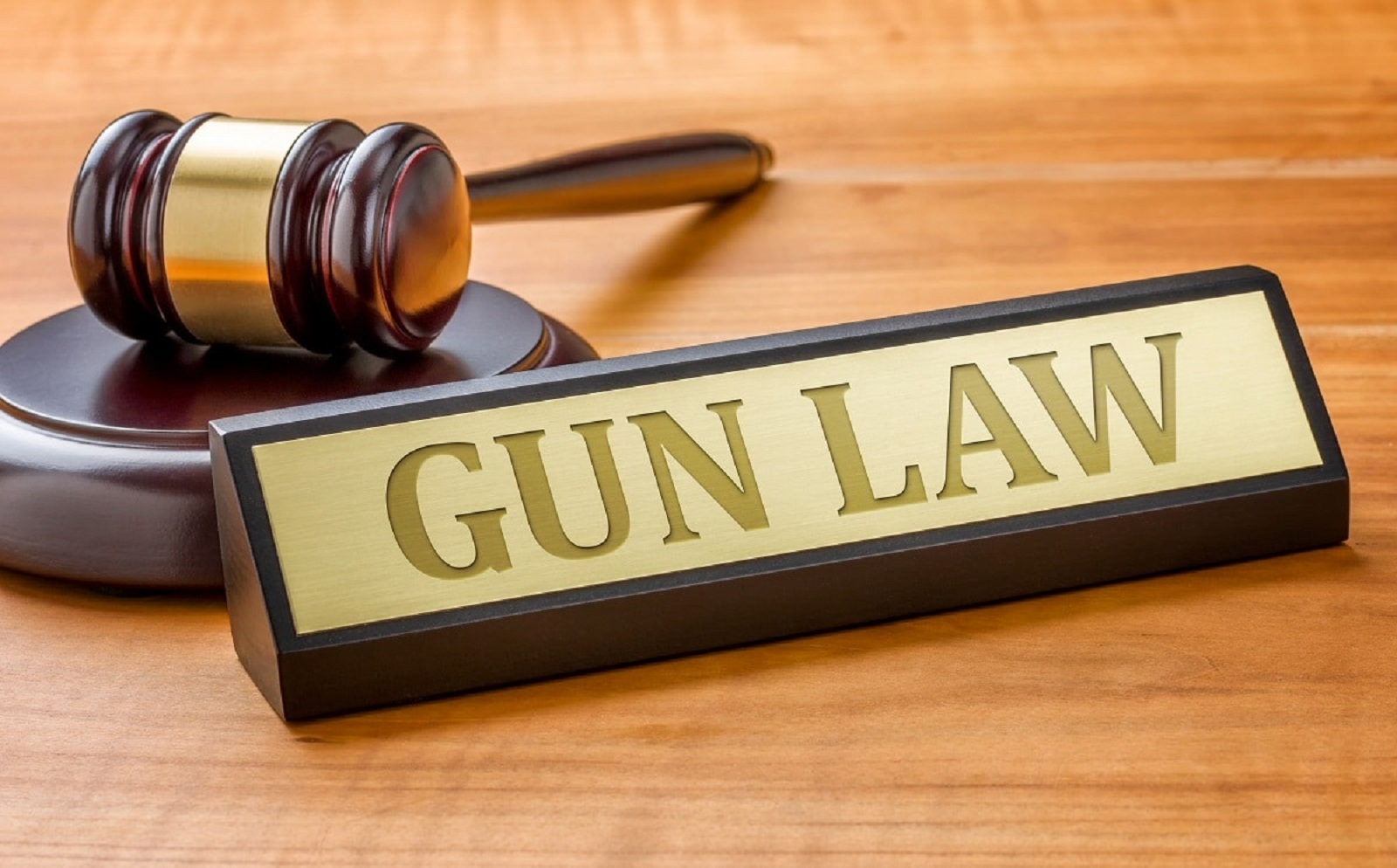
Comparisons with other countries show that the U.S. has uniquely high levels of gun violence, which many attribute to its lax gun laws relative to nations with stricter regulations. These international comparisons often fuel the argument for more rigorous domestic policies.
20. Impact on Public Health
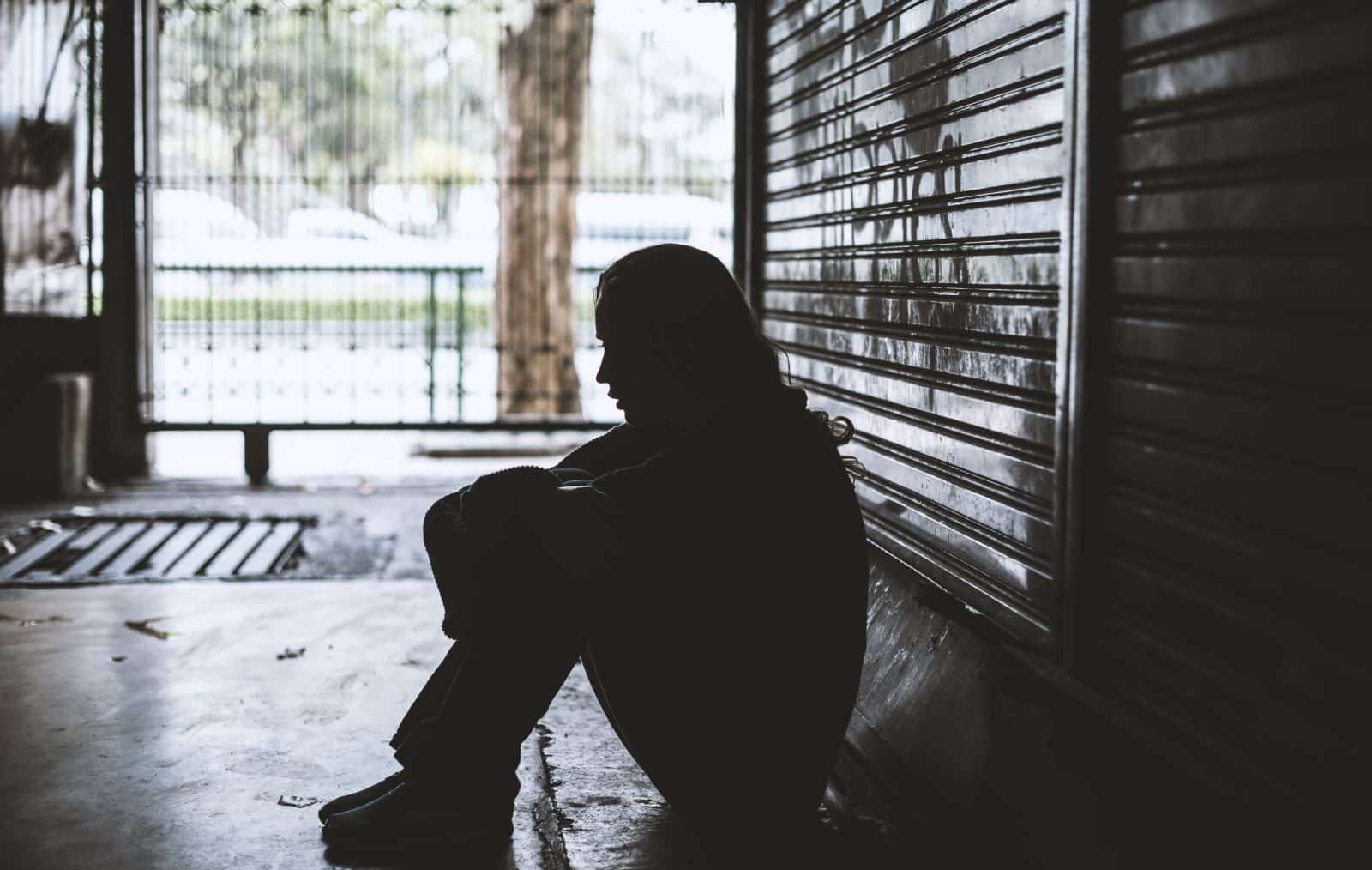
Gun violence is increasingly viewed as a public health crisis, with implications for mental health, emergency services, and overall community well-being. Addressing it through public health initiatives is a key component of the broader gun control debate.
21. Political Polarization Complicates Dialogue
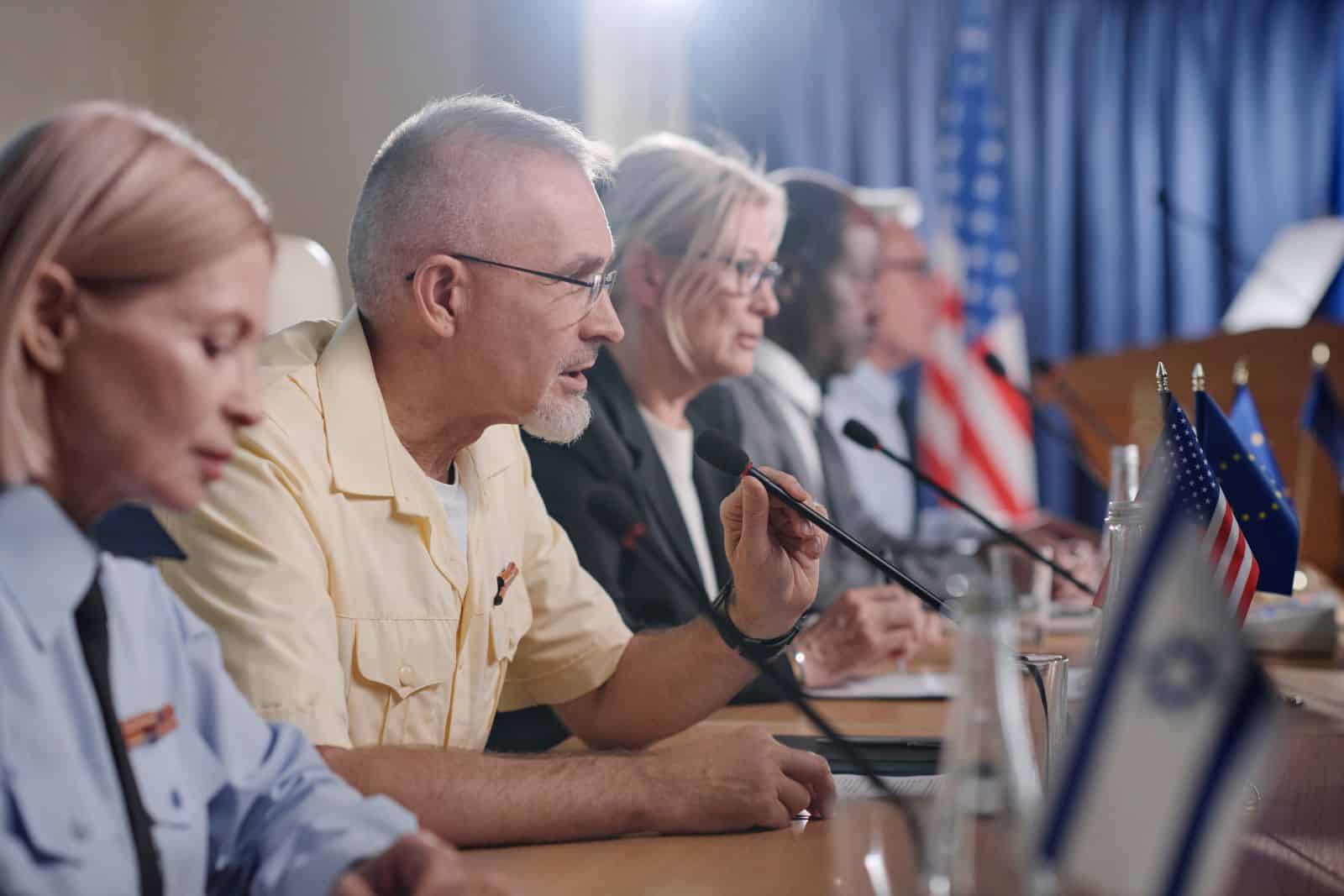
The deeply polarized nature of the American political landscape complicates rational dialogue on gun control. Finding common ground is essential for developing effective and sustainable gun legislation.
Time For a Change?
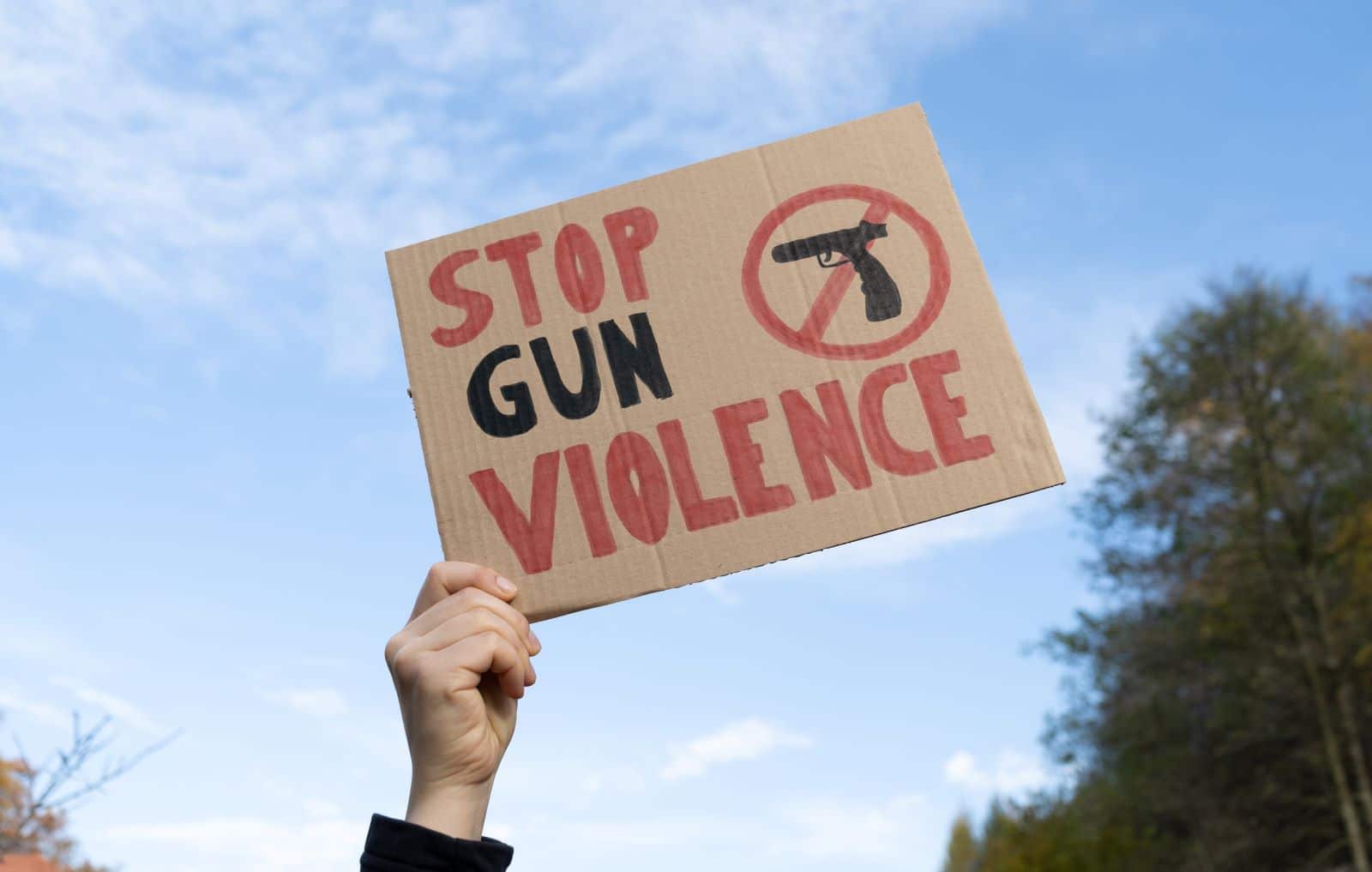
The call for gun control is loud, clear, and backed by hard facts. Isn’t it time we listened and aimed for a safer future? The stakes are high, and so is public demand for action. Will this be the moment we finally turn the tide on gun violence? Only time—and perhaps the next election—will tell.
21 Beliefs About the Bible That Are Actually False

The Bible is one of the most discussed and debated books in history, yet many common beliefs about it are more myth than fact. How many of these misconceptions have you heard before? 21 Beliefs About the Bible That Are Actually False
21 Subtle Racisms That Are Commonplace in America

Racism in America isn’t always overt; it often hides in plain sight through subtle actions and attitudes. How many of these subtle racisms have you noticed around you? 21 Subtle Racisms That Are Commonplace in America
Only Legal in America: 21 Things You CAN’T Do in the Rest of the World
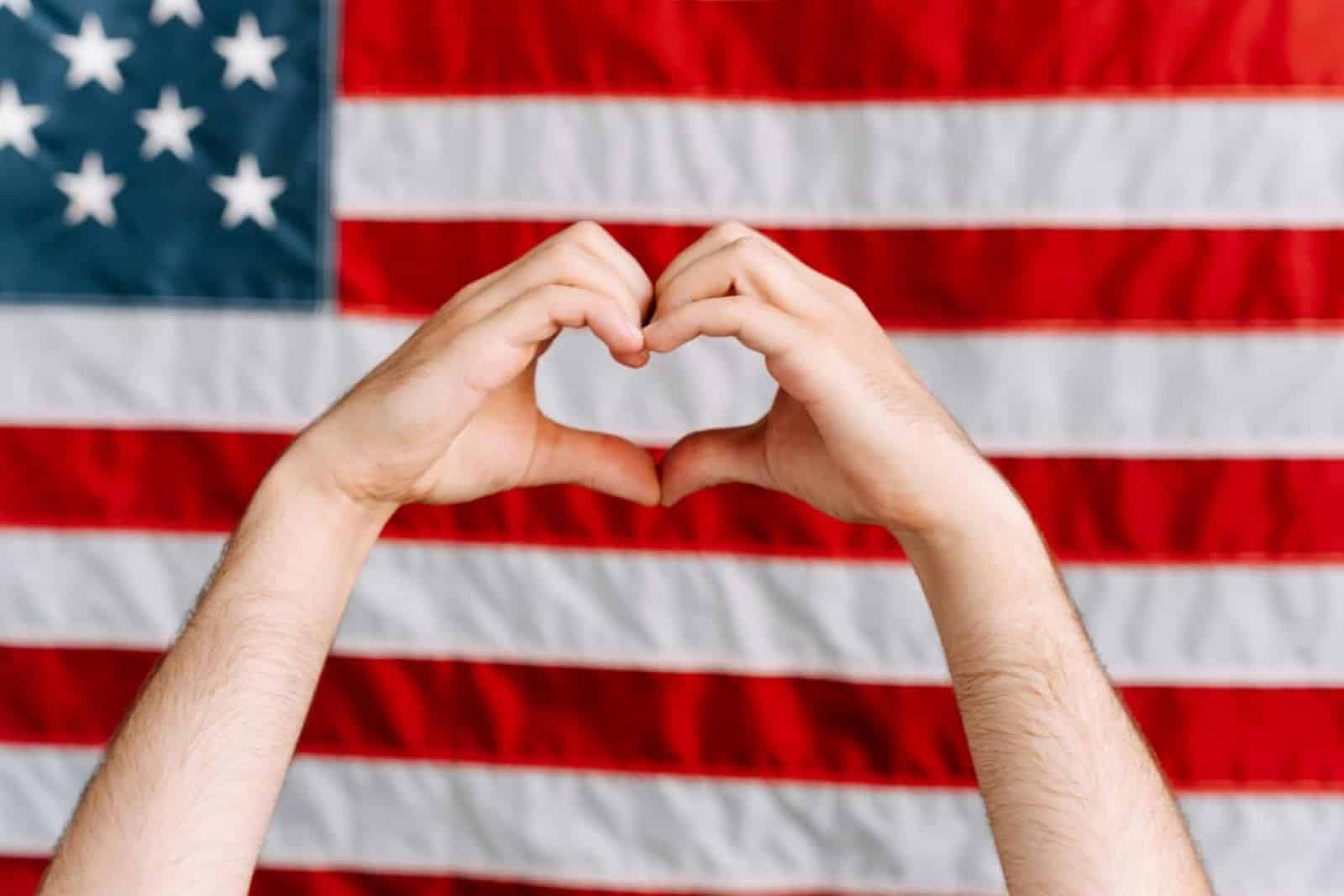
The U.S. dances to its own beat, especially when it comes to laws that make the rest of the world do a double-take. Here’s a lineup of things that scream “Only in America,” sticking strictly to what’s written in the law books. Ready for a tour through the American legal landscape that’ll leave you wondering if freedom might just be a bit too free? Only Legal in America: 21 Things You CAN’T Do in the Rest of the World
Featured Image Credit: Shutterstock / Philip Yabut.
For transparency, this content was partly developed with AI assistance and carefully curated by an experienced editor to be informative and ensure accuracy.

